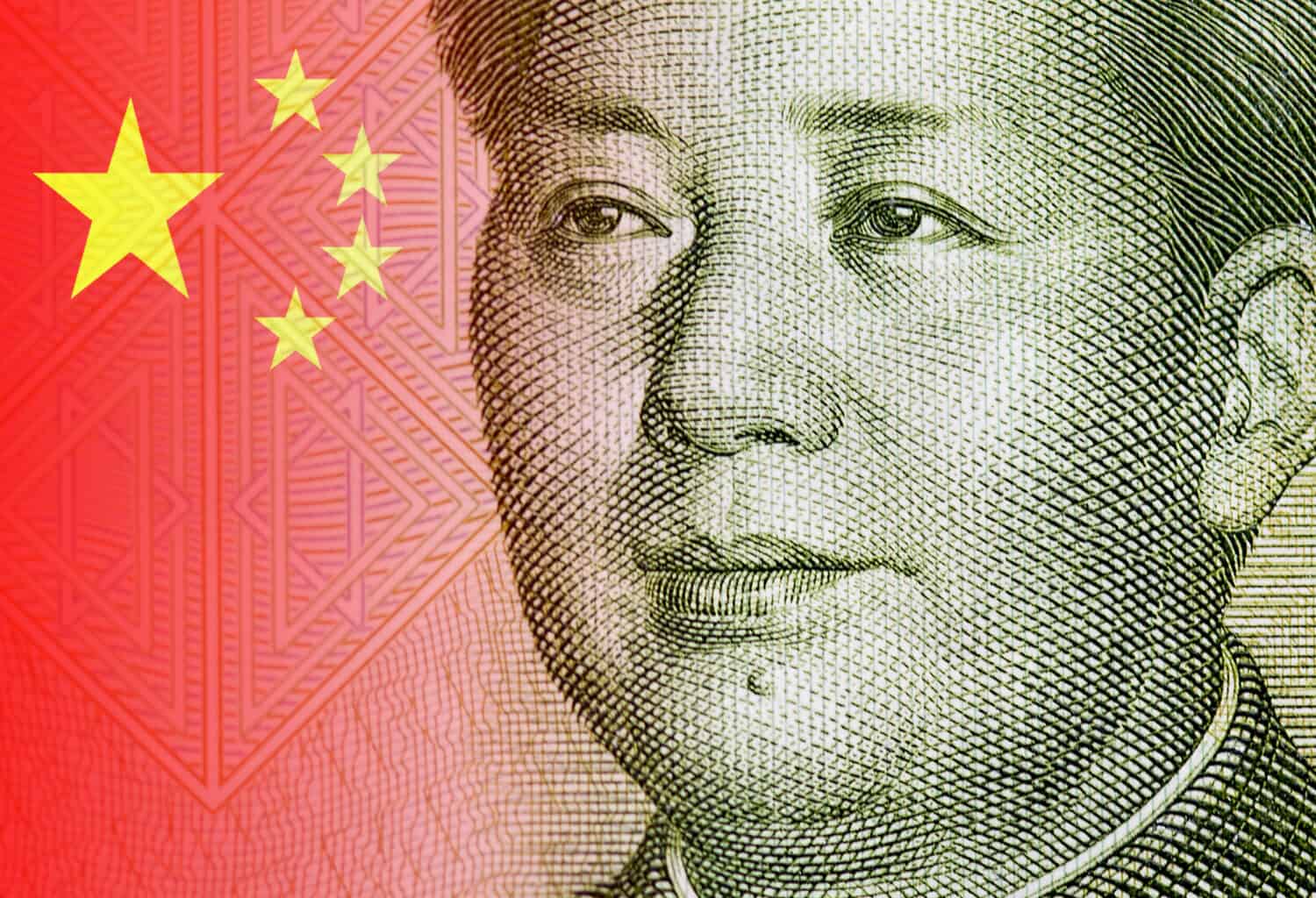Investing
Michael Burry Just Boosted His Chinese Stock Holdings—Is it Time to Bet on China Comeback?

Published:

Dr. Michael Burry is a contrarian investor who’s not afraid to act in a big way if he sees value out there. Made famous from the “Big Short” film and book, Dr. Burry has always valued independent thinking while caring less about what skeptics and critics have to say about his investment positions. Indeed, it’s his independence and confidence to swing big on what he views as the biggest opportunities that sets him apart from your average investor.
Recently, Scion Asset Management revealed its 13F filing, offering everyday investors a closer glimpse of what Dr. Burry has been up to of late. Indeed, Burry has been making quite a few moves this year. But in the latest filing, the biggest takeaway was that he added to his already sizeable position in Chinese stocks — a place that some big names on Wall Street may be inclined to view as not as cheap as they look or, in some cases, even un-investable.
Yes, there are some hard-to-understand severe geopolitical risks in investing in a Chinese internet stock. The low price-to-earnings or price-to-sales multiples assigned to such stocks may or may not be attractive enough to compensate investors for this magnitude of risk. Also, there are regulatory unpredictability when investing in the region.
Further, China is also going through a rough economic slide, making Chinese stocks that much harder to get behind. And let’s not forget about the lack of momentum behind the many names dubbed as duds by many who’ve tried but failed to profit from the most prominent tech names in the Chinese market.

That said, Chinese stocks are arguably historically depressed. And while seemingly cheap-looking stocks can get much cheaper as bad news piles up, deep-value investors like Dr. Burry strive to take advantage of moments where there’s a colossal discount to intrinsic value to be had. In the latest quarter, Scion added 200,000 shares of Alibaba (NASDAQ:BABA), increasing the stake by a whopping 30%.
Additionally, Dr. Burry hedged his bullish bet by picking up some put options (close to 169,000 shares), likely to deal with the wild near-term swings in the stock. Going long with puts as a hedge seems wise in this environment. On the one hand, Chinese stimulus could pave the way for a long-lived rally. At the same time, Chinese stocks are known to go bust as quickly as they gain. That’s why I think Dr. Burry’s hedging strategy is so smart.
Dr. Burry also scooped up more Baidu (NASDAQ:BIDU) shares (around 125,000) while picking up put options on 83,000 shares. Like Alibaba, Baidu shares are profoundly volatile and could allow Burry to make money off a trade as he plays the long game on the AI-savvy Chinese tech firm.
So, should investors implement such a hedging strategy on Chinese stocks?
Unless you’re a seasoned trader, I’d advise against picking up puts, especially since Chinese stocks have already gone bust after that September glimmer of hope.
Who knows? Dr. Burry may have already covered his puts and made big money from the trade already! As for going long, I do think the latest pullback in BABA and BIDU could prove opportunistic.
Dr. Burry may be a genius in more ways than one. However, he’s not right 100% of the time. Given his track record of bets, which speaks for itself, I think it’s becoming tough to ignore the man’s growing bullishness for some of the least-loved stocks in the global market.
Not everyone will have the stomach to bet on the types of names Dr. Burry bets on. If you’re uneasy about buying Chinese stocks here, you are certainly not alone!
In any case, there are some positives beyond Dr. Burry’s latest buys that may make Chinese stocks interesting again, most notably stimulus and hopes of a Chinese economic comeback.
So, whether you’re in the camp that views Chinese stocks as un-investable or investable but too scary, the names may be worth watching and perhaps buying once they can sustain some gain. Until now, though, any strength has been quickly surrendered at the hands of the bear.
Thank you for reading! Have some feedback for us?
Contact the 24/7 Wall St. editorial team.